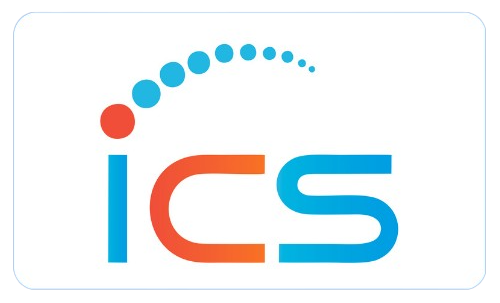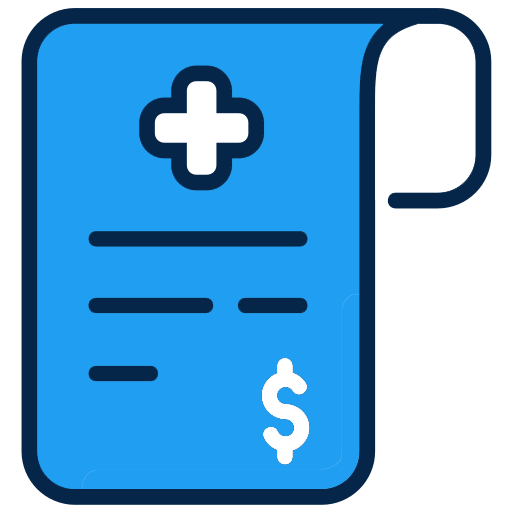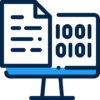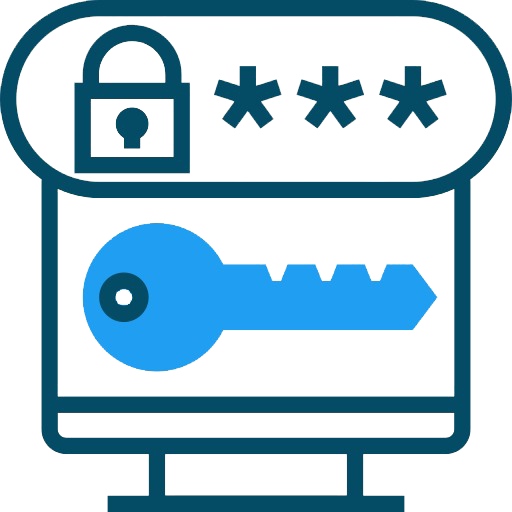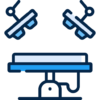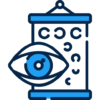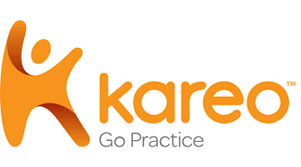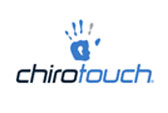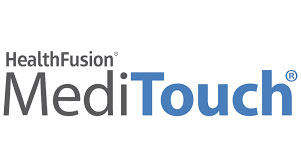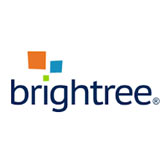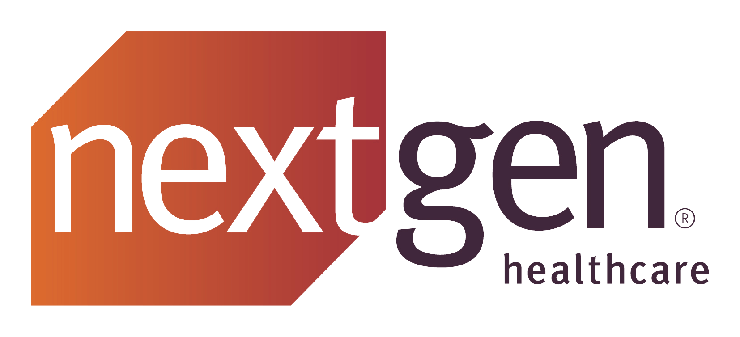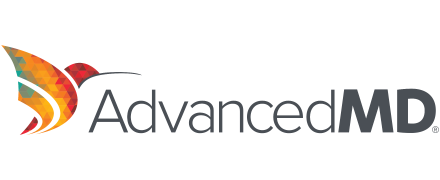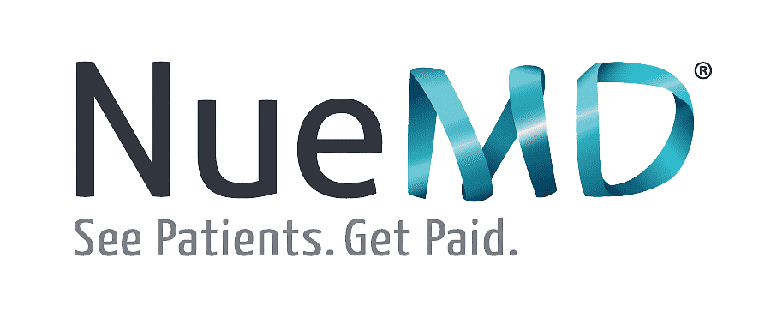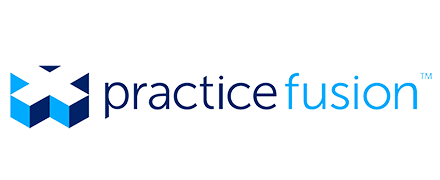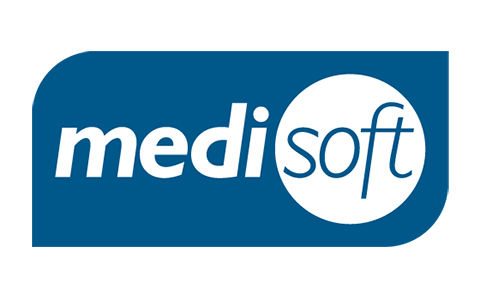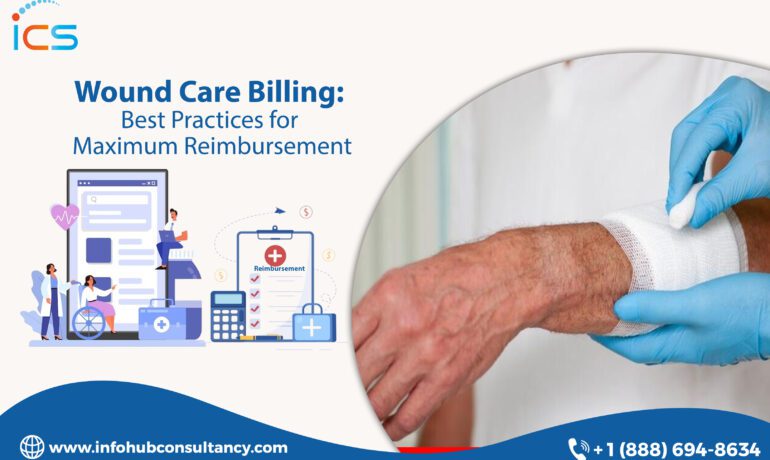Within the domain of healthcare, particularly in the context of home healthcare, wound care serves as a cornerstone service, profoundly impacting patients’ lives during recovery from surgeries or while managing chronic conditions. The efficacy of wound care services in a home healthcare environment hinges not only on the quality of care but also on the efficiency of billing practices, ensuring that healthcare providers receive rightful reimbursement for their services. In this discussion, we delve into the best practices for wound care billing, meticulously designed to optimize reimbursement and reinforce the sustainability of top-tier care. Furthermore, we explore the strategic implications of outsourcing medical billing and coding services to India, a burgeoning trend in the healthcare industry.
The Vital Role of Wound Care in Home Healthcare
Wound care constitutes a vital component of home healthcare, encompassing a spectrum of treatments ranging from dressing changes to advanced therapies like Negative Pressure Wound Therapy (NPWT). These interventions play a pivotal role in managing and healing wounds resulting from diverse sources, be it injuries, surgeries, or chronic conditions. Effective wound care not only averts complications and mitigates infection risks but also expedites the healing process, thereby enhancing the overall quality of life for patients undergoing treatment at home.
Key Elements of Comprehensive Wound Care Services
Comprehensive wound care in a home healthcare setting entails a multifaceted approach, encompassing various essential services:
Wound Assessment: Regular and thorough assessment of wound size, depth, and overall condition to monitor progress and detect any signs of infection early on.
Wound Cleaning: Gentle yet meticulous cleansing of wounds using appropriate agents to maintain a conducive healing environment.
Dressing Changes: Application of suitable wound dressings to protect the wound, manage moisture levels, and facilitate optimal healing, with regular changes as per the wound’s status.
Debridement: Removal of necrotic tissue to stimulate the growth of healthy tissue and expedite the healing process.
Advanced Therapies: Utilization of advanced interventions such as skin substitutes, grafts, and NPWT to bolster wound healing.
Patient Education: Provision of comprehensive education to patients and caregivers regarding proper wound care techniques, infection signs, and preventive measures, fostering active participation in the healing process.
Best Practices for Wound Care Billing
To ensure maximal reimbursement for wound care services, adherence to best practices in billing and documentation is paramount. The following practices serve as guiding principles:
Accurate and Detailed Documentation: Meticulously record patient assessments, treatment details, and any changes in the wound’s condition to provide a comprehensive overview of the care provided.
Compliance with Coding Guidelines: Utilize the appropriate CPT and HCPCS codes to accurately represent the services rendered, staying abreast of coding updates to ensure compliance.
Verification of Patient Eligibility and Authorization: Prior to initiating care, verify patient eligibility for home health services and obtain necessary authorizations to prevent claim denials.
Establishing Medical Necessity: Clearly articulate the medical necessity of wound care services based on comprehensive assessments, justifying the need for each service to support reimbursement claims.
Coordination of Benefits (COB): Ensure accurate information regarding primary and secondary insurance coverage to facilitate seamless coordination and prevent delays or denials in coverage.
Adherence to Timely Filing Requirements: Submit claims within stipulated time frames to circumvent denials due to late filing.
Quality Assurance Audits: Conduct regular audits to review documentation, coding practices, and billing processes, promptly rectifying any inconsistencies or errors identified.
Ongoing Education and Training: Invest in continuous education for staff involved in billing to stay abreast of regulatory changes and coding guidelines, ensuring compliance and accuracy.
Leveraging Technology: Harness the capabilities of electronic health records (EHRs) and billing software to streamline documentation and billing processes, enhancing efficiency and reducing error risks.
Consulting Billing Experts: Consider engaging with specialized billing services to navigate the intricacies of reimbursement effectively, leveraging their expertise to optimize billing practices.
Outsourcing Medical Billing and Coding Services to India
The strategic move of outsourcing medical billing and coding services to India presents compelling advantages for healthcare providers:
Cost Efficiency: Access to highly skilled professionals at a fraction of domestic costs enables providers to allocate resources judiciously.
Skilled Workforce: India boasts a large pool of trained professionals proficient in the latest coding practices and regulatory requirements.
Quality Assurance: Indian outsourcing firms uphold stringent quality standards, ensuring accurate and compliant billing and coding practices.
Technology and Infrastructure: Advanced technology and robust infrastructure support seamless integration with healthcare systems, facilitating efficient data handling and processing.
Focus on Core Activities: Outsourcing billing and coding tasks liberates healthcare providers to focus on core activities such as patient care and clinical services, enhancing overall operational efficiency.
Navigating Medicare Billing Requirements
Understanding Medicare’s consolidated billing requirements for home health agencies is pivotal, as it delineates the billing landscape for therapists and physicians/non-physician practitioners, ensuring accurate billing and optimal reimbursement.
Enhancing Patient Care and Financial Health
Implementing effective wound care billing practices transcends mere financial considerations; it underpins the sustainability of high-quality home health services. By prioritizing meticulous documentation, compliance with coding guidelines, and embracing technological advancements, healthcare providers can optimize their billing practices, thereby safeguarding the continuum of comprehensive and effective care delivery to patients in their homes.
Conclusion:
Navigating wound care billing complexities requires expertise and efficiency. Trust Info Hub Consultancy Services to optimize your billing processes. Our seasoned professionals excel in maximizing reimbursements while maintaining compliance. Consider outsourcing medical billing and coding services to India with us for cost-effective solutions. With a commitment to excellence, Info Hub Consultancy Services ensures streamlined operations and enhanced financial health for your home healthcare agency. Contact us today to harness the benefits of our tailored services and elevate your wound care billing practices effectively.
